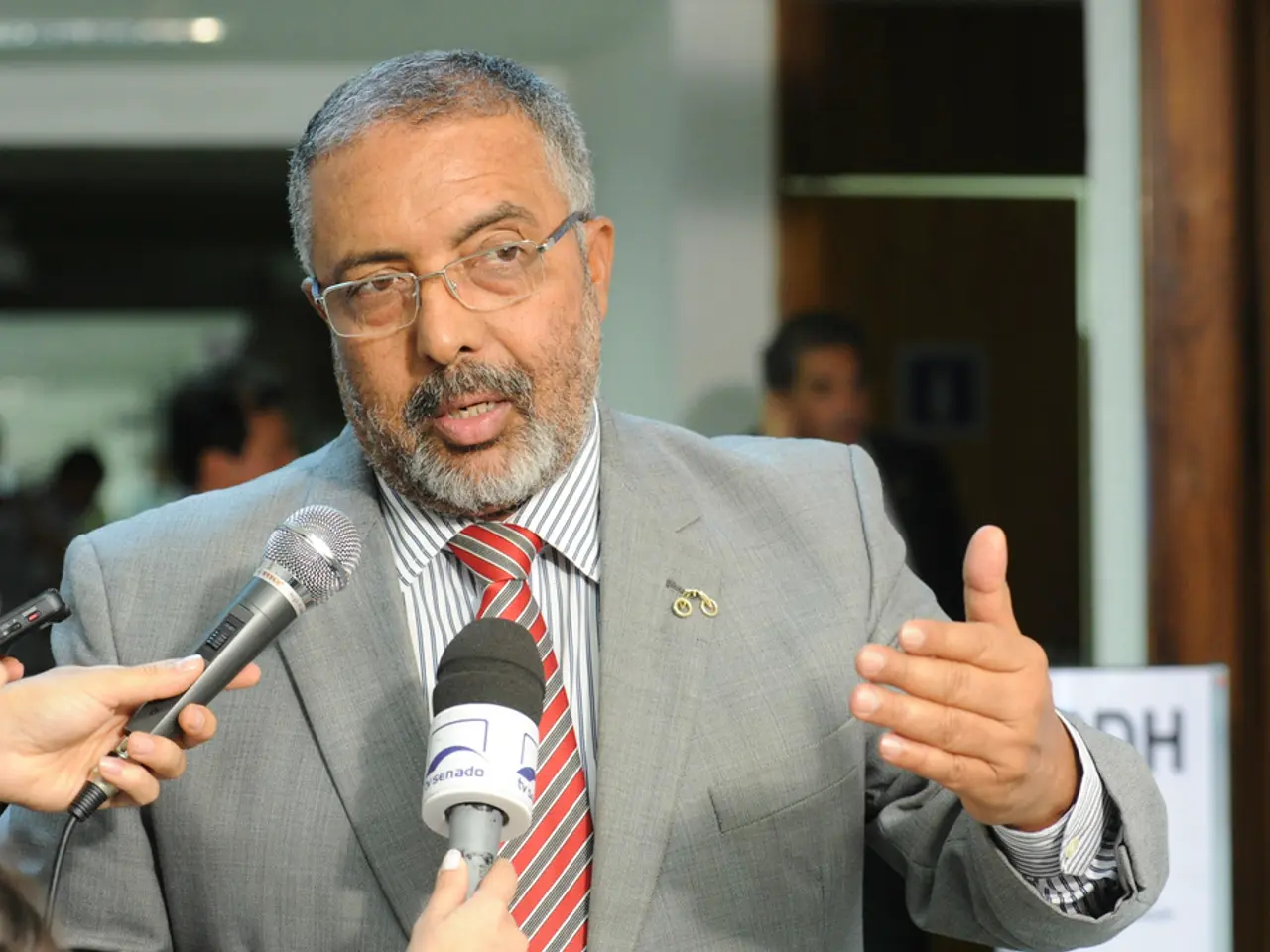ChatGPT Not Constituting a 'Mass Surveillance Program' as Per Judge's Decision on Data Retention
In a recent development, court orders have been issued, mandating companies like OpenAI to preserve all ChatGPT chat logs, including those deleted by users, as part of ongoing copyright lawsuits. This move has significant implications for user privacy and legal practices.
**Implications of the Court Orders**
The court's mandate requires OpenAI to retain all ChatGPT conversations indefinitely for legal purposes, disregarding users' deletion actions and prevailing data privacy laws. This means that user chats previously thought to be deleted may now be stored permanently for litigation purposes.
However, it is crucial to note that this data preservation is strictly for litigation and does not equate to mass surveillance or public exposure of data. OpenAI has expressed its intent to continue challenging the order, indicating an ongoing legal debate.
While the court has not yet demanded disclosure of these logs, plaintiffs in copyright suits are expected to seek access during discovery. Protective orders will be essential to safeguard sensitive user information from public view.
**User and Privacy Advocate Perspectives**
Many users and privacy advocates view this as a serious intrusion, fearing that sensitive personal, commercial, or proprietary information could be retained and potentially exposed. Users who integrate ChatGPT into business operations are particularly concerned about confidentiality risks.
The orders have prompted calls for users to reconsider what private information they share with AI services, as these conversations are no longer ephemeral and may be legally preserved indefinitely. This marks a shift in understanding AI platforms as potential surveillance infrastructure.
The case highlights the complex intersection of AI, data privacy, and intellectual property law, illustrating that interactions with AI platforms are not inherently private when entangled with litigation demands. Similar preservation demands may extend to other AI companies in the near future, signalling a broad impact.
It is important to clarify that the ruling should not be interpreted as a blanket authorization for widespread surveillance of ChatGPT users. The judge has responded to claims that her order for ChatGPT to preserve logs amounts to a "nationwide mass surveillance program," stating that the data preservation is only for the limited purposes of litigation and does not mean that all data will be made public.
In summary, the court orders requiring OpenAI to preserve ChatGPT chat logs for copyright lawsuits are reshaping the privacy landscape for AI users. While limited to legal proceedings, these mandates raise significant privacy concerns among users and advocates, urging more cautious and strategic use of AI platforms going forward.
The court orders have now made all ChatGPT conversations, even those previously deleted by users, a permanent part of litigation, challenging data privacy laws and user expectations of ephemeral chats. This development has raised concerns among users and privacy advocates, fearing exposure of sensitive information, as these logs may be accessed during discovery. The future implications extend beyond OpenAI, potentially affecting other AI companies as well, signalling a broad impact on AI user privacy.




